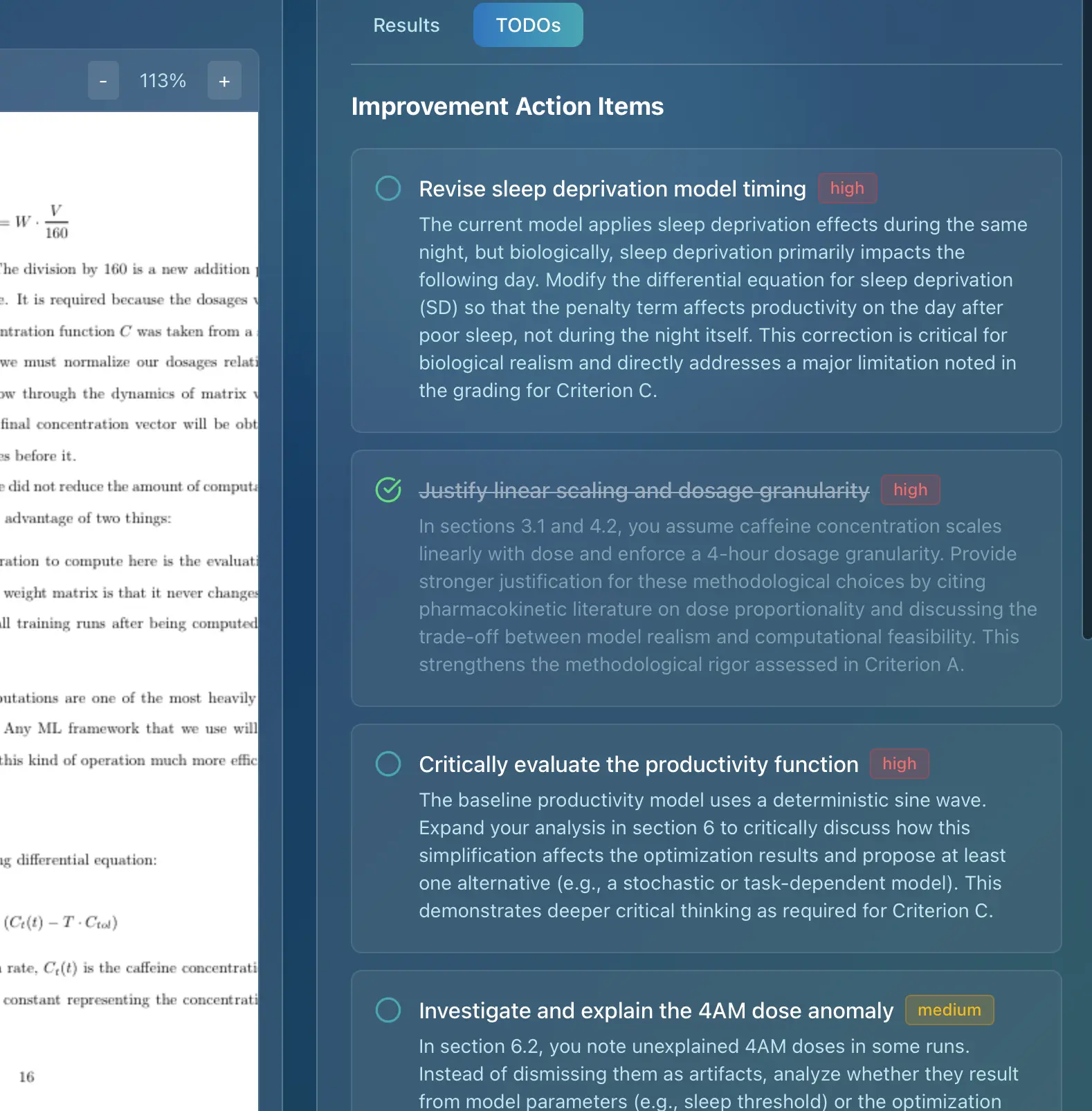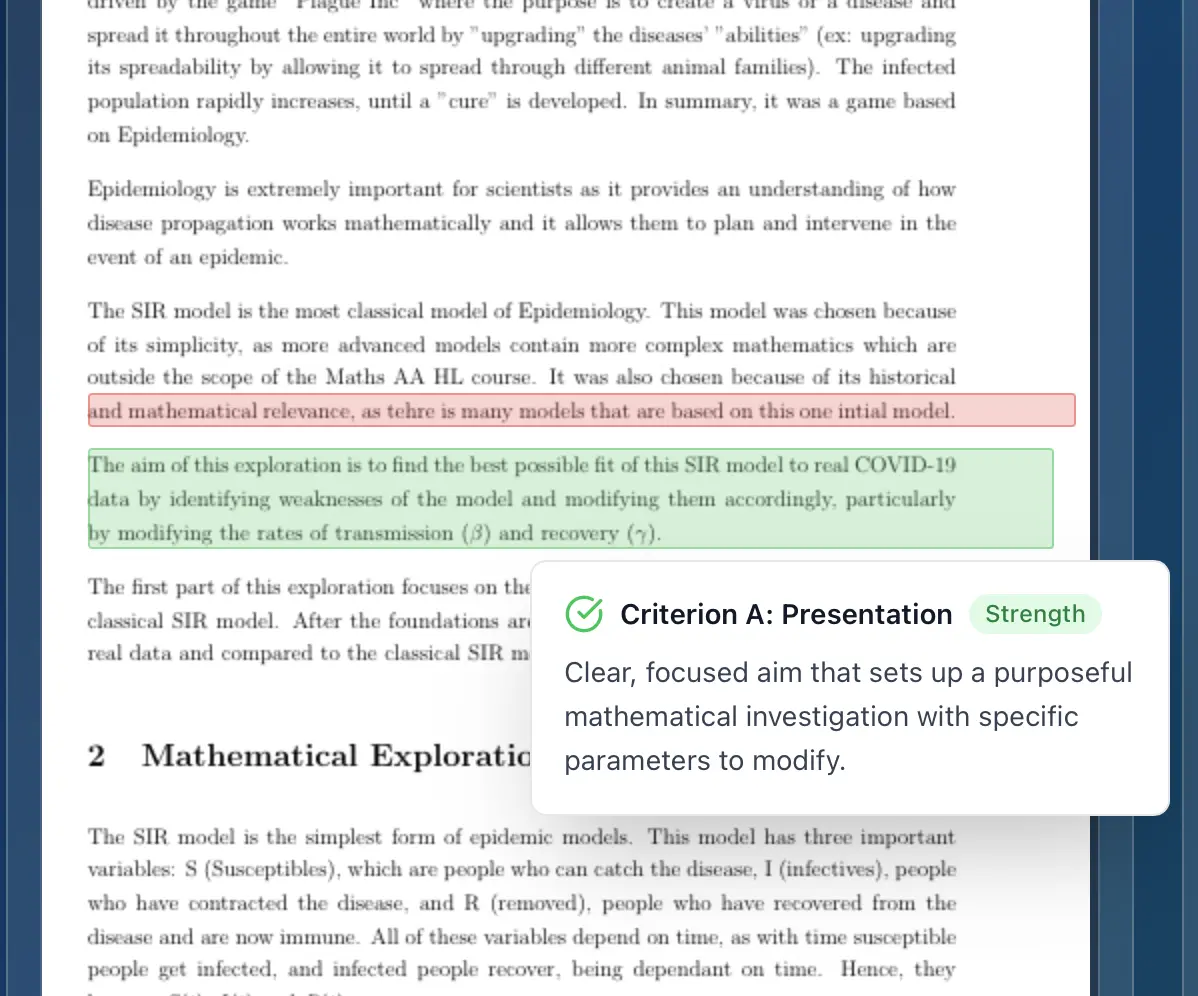The IB Learner Profile: What It Is and Why It Matters
Are you navigating the International Baccalaureate (IB) program? Then you've likely heard about the IB Learner Profile. In essence, the IB Learner Profile is a set of ten attributes that the IB believes are essential for individuals and communities to thrive in the 21st century. These attributes – Inquirers, Knowledgeable, Thinkers, Communicators, Principled, Open-minded, Caring, Risk-takers, Balanced, and Reflective – are not just buzzwords; they are the foundation upon which the entire IB curriculum is built. This blog post will delve into each attribute, explain why they matter for both students and educators, and provide actionable strategies to cultivate them. By understanding and embodying the Learner Profile, you can significantly enhance your IB journey and achieve academic success.
Understanding the Core of the IB: The Learner Profile
The IB Learner Profile isn't just a poster on the wall; it's a guiding philosophy that shapes teaching and learning. It's about developing well-rounded individuals who are not only academically strong but also possess the character traits needed to make a positive impact on the world. Let's explore each attribute in detail:
1. Inquirers: Cultivating Curiosity and a Love of Learning
What it means: Inquirers are naturally curious. They develop their skills for inquiry and research and show independence in learning. They actively enjoy learning and this love of learning will be sustained throughout their lives.
Why it matters: Being an inquirer helps you approach new information with curiosity, ask insightful questions, and conduct thorough research. This is crucial for success in all IB subjects, especially in Internal Assessments (IAs) and Extended Essays.
How to cultivate it:
- Ask "why": Don't just accept information at face value. Question assumptions and seek deeper understanding.
- Explore your interests: Dedicate time to pursuing topics that genuinely fascinate you.
- Embrace research: Practice your research skills by exploring different sources and evaluating their credibility.
2. Knowledgeable: Building a Solid Foundation of Understanding
What it means: Knowledgeable individuals explore concepts, ideas and issues that have local and global significance. In so doing, they acquire in-depth knowledge and develop understanding across a broad and balanced range of disciplines.
Why it matters: A strong knowledge base provides a foundation for critical thinking and problem-solving. It allows you to connect different ideas and apply your learning to new situations.
How to cultivate it:
- Read widely: Expand your knowledge by reading books, articles, and news sources from diverse perspectives.
- Engage in discussions: Participate in class discussions and debates to deepen your understanding of different topics.
- Connect learning to the real world: Look for opportunities to apply your knowledge to real-world problems and situations.
3. Thinkers: Developing Critical and Creative Thinking Skills
What it means: Thinkers exercise initiative in applying thinking skills critically and creatively to recognize and approach complex problems, and make reasoned, ethical decisions.
Why it matters: Critical thinking is essential for analyzing information, evaluating arguments, and forming your own opinions. Creative thinking allows you to generate new ideas and solutions.
How to cultivate it:
- Practice problem-solving: Work through challenging problems in different subjects to develop your analytical skills.
- Engage in debates: Participate in debates to learn how to construct arguments and defend your positions.
- Brainstorm ideas: Practice brainstorming techniques to generate new ideas and solutions.
4. Communicators: Expressing Yourself Effectively
What it means: Communicators understand and express ideas and information confidently and creatively in more than one language and in a variety of modes of communication. They work effectively and willingly in collaboration with others.
Why it matters: Effective communication is crucial for sharing your ideas, collaborating with others, and presenting your work.
How to cultivate it:
- Practice writing: Write regularly to improve your clarity and grammar.
- Develop your speaking skills: Practice public speaking and presentations to improve your confidence and delivery.
- Listen actively: Pay attention to what others are saying and ask clarifying questions.
5. Principled: Acting with Integrity and Honesty
What it means: Principled individuals act with integrity and honesty, with a strong sense of fairness, justice and respect for the dignity of the individual, groups and communities. They take responsibility for their own actions and the consequences that accompany them.
Why it matters: Being principled is about acting with integrity and taking responsibility for your actions. This is essential for building trust and maintaining ethical standards.
How to cultivate it:
- Be honest: Always be truthful in your work and interactions.
- Take responsibility: Own up to your mistakes and learn from them.
- Treat others with respect: Show respect for the rights and opinions of others.
6. Open-minded: Embracing Diversity and Different Perspectives
What it means: Open-minded individuals understand and appreciate their own cultures and personal histories, and are open to the perspectives, values and traditions of other individuals and communities. They are accustomed to seeking and evaluating a range of points of view, and are willing to grow from the experience.
Why it matters: Open-mindedness allows you to appreciate different cultures and perspectives, which is essential for global citizenship.
How to cultivate it:
- Learn about different cultures: Read books, watch documentaries, and travel to learn about different cultures.
- Listen to different perspectives: Seek out and listen to the opinions of people who have different backgrounds and experiences.
- Challenge your own assumptions: Be willing to question your own beliefs and assumptions.
7. Caring: Showing Empathy and Compassion
What it means: Caring individuals show empathy, compassion and respect towards the needs and feelings of others. They have a personal commitment to service, and act to make a positive difference to the lives of others and to the environment.
Why it matters: Caring is about showing empathy and compassion for others. This is essential for building strong relationships and making a positive impact on the world.
How to cultivate it:
- Practice empathy: Try to understand the feelings and perspectives of others.
- Volunteer your time: Get involved in community service projects to help those in need.
- Show kindness: Perform acts of kindness for others, no matter how small.
8. Risk-takers: Embracing Challenges and New Experiences
What it means: Risk-takers approach unfamiliar situations and uncertainty with courage and forethought, and have the independence of spirit to explore new roles, ideas and strategies. They are brave and articulate in defending their beliefs.
Why it matters: Taking risks allows you to step outside your comfort zone and try new things. This is essential for personal growth and development.
How to cultivate it:
- Embrace challenges: Don't be afraid to take on difficult tasks.
- Try new things: Step outside your comfort zone and try new activities.
- Speak up for your beliefs: Be willing to defend your beliefs, even when they are unpopular.
9. Balanced: Achieving Well-being and Harmony
What it means: Balanced individuals understand the importance of intellectual, physical and emotional balance to achieve personal well-being for themselves and others.
Why it matters: Balance is about maintaining a healthy lifestyle and prioritizing your well-being. This is essential for managing stress and achieving long-term success.
How to cultivate it:
- Prioritize your health: Eat healthy foods, exercise regularly, and get enough sleep.
- Manage your time: Create a schedule that allows you to balance your academic work with other activities.
- Practice mindfulness: Take time to relax and focus on the present moment.
10. Reflective: Learning from Experience and Self-Assessment
What it means: Reflective individuals give thoughtful consideration to their own learning and experience. They are able to assess and understand their strengths and limitations in order to support their learning and personal development.
Why it matters: Reflection allows you to learn from your experiences and identify areas for improvement. This is essential for continuous growth and development.
How to cultivate it:
- Keep a journal: Write down your thoughts and feelings about your experiences.
- Seek feedback: Ask for feedback from teachers, peers, and mentors.
- Analyze your mistakes: Learn from your mistakes and identify ways to avoid them in the future.
Struggling with IB Assessments?
Get instant, detailed feedback on your work with AI that understands IB criteria.

Common Challenges and Mistakes in Embodying the Learner Profile
Many students struggle to fully embody the IB Learner Profile. Here are some common challenges and mistakes:
- Treating it as a checklist: Simply memorizing the attributes without understanding their meaning.
- Focusing solely on academics: Neglecting the importance of personal and social development.
- Lack of self-awareness: Not understanding your own strengths and weaknesses.
- Resistance to feedback: Being unwilling to accept constructive criticism.
- Fear of failure: Being afraid to take risks and try new things.
To overcome these challenges, it's important to:
- Reflect on your own experiences: Think about how you can apply the Learner Profile attributes to your daily life.
- Seek guidance from teachers and mentors: Ask for advice on how to develop specific attributes.
- Embrace challenges and mistakes: View them as opportunities for growth and learning.
Advanced Tips and Strategies for Mastering the Learner Profile
Beyond the basics, here are some advanced strategies to truly master the IB Learner Profile:
- Integrate the Learner Profile into your IAs and EE: Explicitly demonstrate how you have embodied the Learner Profile in your research and writing.
- Seek out leadership opportunities: Take on leadership roles in your school or community to develop your communication, collaboration, and problem-solving skills.
- Engage in global citizenship activities: Participate in activities that promote understanding and respect for different cultures.
- Develop a growth mindset: Believe that your abilities can be developed through dedication and hard work.
- Practice self-compassion: Treat yourself with kindness and understanding, especially when you make mistakes.
Pro Tip: Get AI-Powered Grading
Stop second-guessing your grades. Get instant feedback aligned with official IB rubrics.

Technology and Modern Assessment: How AI is Shaping the IB
The landscape of education is constantly evolving, and technology plays an increasingly important role. Artificial intelligence (AI) is transforming how we approach assessment in the IB program, offering new opportunities for personalized learning and efficient feedback.
AI-powered tools can analyze student work based on official IB rubrics, providing detailed feedback on areas for improvement. This helps students understand exactly how to meet the assessment criteria and achieve their goals. For teachers, AI can automate the grading process, saving valuable time and ensuring consistency in assessment.
Marksy is a leading AI grading assistant specifically designed for the International Baccalaureate. It provides instant, accurate, and detailed feedback on student work based on official IB rubrics. With Marksy, teachers can provide consistent, criterion-by-criterion feedback, and students receive personalized suggestions for improvement. This not only saves teachers time but also helps students understand exactly how to improve their work. Marksy uses official IB criteria to ensure accuracy and fairness, making the assessment process more transparent and effective. This allows educators to focus on what matters most: fostering a love of learning and helping students develop the skills and knowledge they need to succeed.
Conclusion: Embracing the Learner Profile for IB Success
The IB Learner Profile is more than just a list of attributes; it's a roadmap for personal and academic growth. By understanding and embodying these ten traits, you can unlock your full potential and achieve success in the IB program. Remember to be an inquirer, a knowledgeable learner, a critical thinker, an effective communicator, a principled individual, an open-minded global citizen, a caring member of your community, a risk-taker who embraces challenges, a balanced individual who prioritizes well-being, and a reflective learner who continuously seeks improvement.
Ready to take your IB journey to the next level? Try Marksy for free today and experience the power of AI-driven feedback to improve your IB scores or streamline your grading workflow!